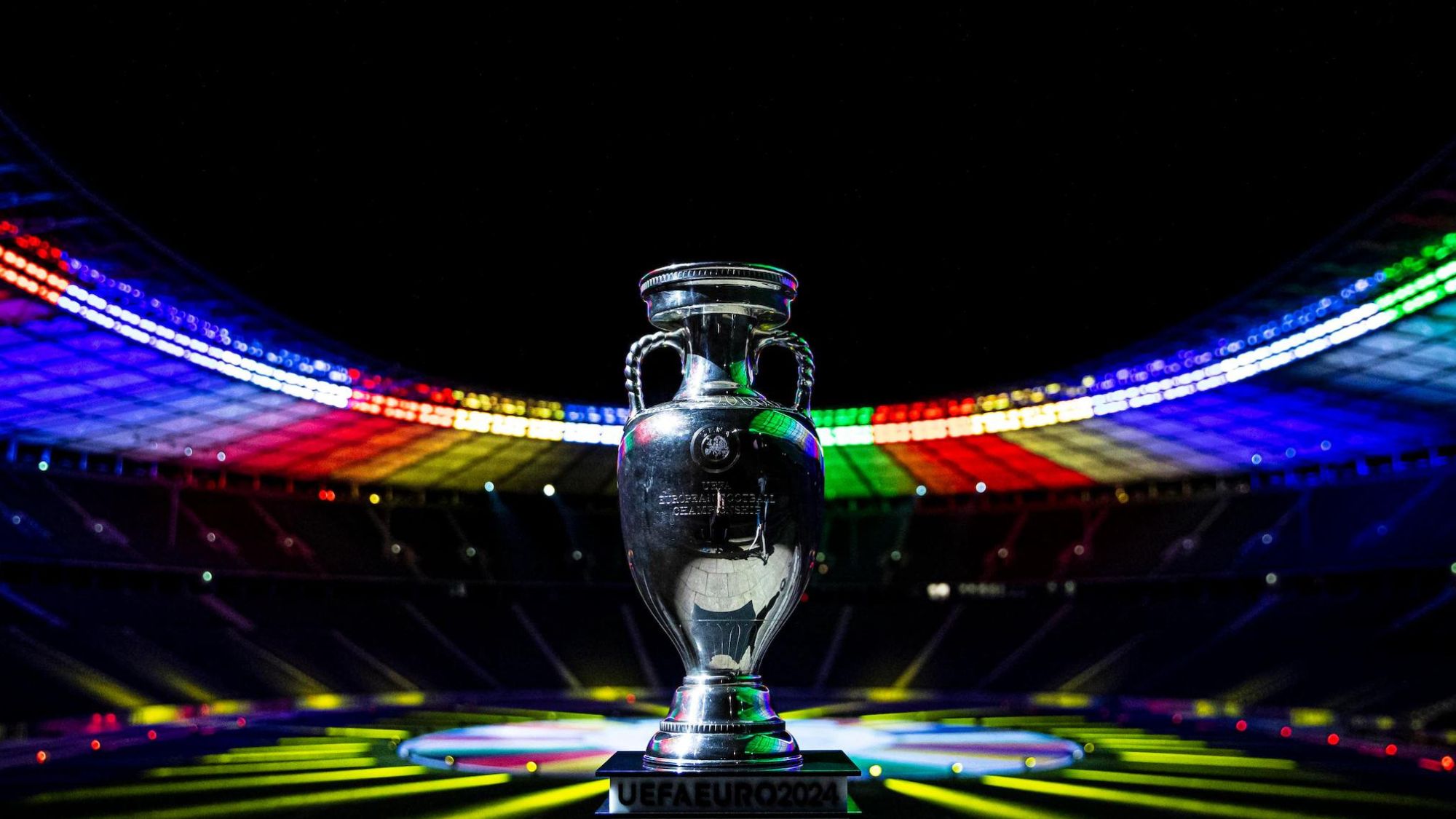With its rich history spanning a long time and its ability to captivate football fans worldwide, the UEFA Champions League is made even more spectacular when viewed under the lens of expert paper writing. The competition has changed and evolved significantly from its modest beginnings to its present standing as the elite club football competition in Europe. We’ll go back in time and examine the development of the UEFA Champions League in this piece, try looking up more information on UEFA ticketing as it is important.
What is the Champions League of UEFA?
An annual football club competition, the UEFA Champions League, sometimes known as the UCL, is arranged by the Union of European Football Associations (UEFA). The tournament unites the top-level clubs in Europe, featuring a round-robin group stage, a single-leg final, and then a double-leg knockout structure to select the victors. The national league champions compete in the UCL, which is generally seen as the finest and most renowned club championship in European football.
Beginnings and Formative Years
The European Cup, previously referred to as the Champions League, was established in 1955 as a contest between the winners of Europe’s national leagues. It was created by French sportswriter Gabriel Hanot, and Real Madrid swept the first five seasons. The tournament’s reputation was established during this time, which also promoted rivalries throughout the continent & featured Europe’s best clubs.
Growth and Repositioning
The European Cup was renamed the UEFA Champions League for the 1992–1993 season. It was not just an aesthetic makeover; it also included a group stage that increased television income and allowed for additional matches. The contest became more competitive and broadened when it was extended to involve elite clubs from leading European leagues in addition to league champions. Winners in this era have become more diverse, with teams like Manchester United, AC Milan, and Bayern Munich becoming well-known.
The Age of Galácticos
Star-studded teams began to develop in the late 1990s and early 2000s, with Real Madrid’s “Galácticos,” which included players like Ronaldo, Luís Figo, as well as Zinedine Zidane, standing out. This time frame demonstrated the Champions League’s growing financial clout & attractiveness on a worldwide scale. The world’s top players used the tournament as a platform, and an ever-expanding global audience watched the matches.
Global Reach and Financial Powerhouse
The Champions League became one of the richest athletic events in the world thanks to its expensive sponsorships & media arrangements, which caused its financial power to grow tremendously. Due to the teams’ ability to make significant investments in players & facilities, the calibre of the competition has increased. As matches were watched by millions of people worldwide. The tournament’s reputation as the most prestigious in club football was cemented.
Football’s Significance: A Cultural Phenomenon
In European culture, football is incredibly important and captivates individuals from all walks of life. As a team, players and onlookers are united and inspired by their love of the game. There are thrills, joy, and situations that characterise the sport during the ninety minutes of nonstop action on the pitch. Football is more than simply a game. It imparts important life values including perseverance, discipline, as well as teamwork. To succeed in the sport, athletes need to be dedicated both mentally and physically. Their tolerance, sportsmanship, & patience are put to the test during their time on the pitch. Football is a game where participants can hone their skills as well as advance international harmony.
Football as a Game: A Symphony of Skills
Understanding the nuances and specifics of the game itself is crucial to having a true appreciation for the UEFA Champions League. Football is a multifaceted game which involves everything from player positions & terminology to the size of the pitch. The rectangular playing surface that is the football pitch, commonly referred to as a pitch, has precise measurements. It gives players a platform to battle for victory & display their skills. The tasks and duties of players on the pitch are determined by their positions, which include defenders, midfielders, & strikers.
Teams use a variety of techniques and approaches to outmanoeuvre their rivals. Football has its vocabulary, full of idioms which refer to particular behaviours and circumstances. Gaining a knowledge of these phrases enhances one’s appreciation for the game. Every moment adds to the beauty & thrill of football whether it’s a skilfully performed pass. A tackle made at the ideal moment, or a breathtaking goal.
Final Words
The UEFA Champions League’s development is evidence of football’s ongoing appeal and cultural relevance throughout Europe. The competition has enthralled fans worldwide from its start as the European Cup through its current standing as the peak of club football. Football is more than just a game; it’s an entire culture. It fosters harmony, unites individuals, and imparts important life lessons. The UEFA Champions League will keep on to be at the vanguard of European football as the game develops. Offering fans heart-pounding games and treasured memories.
Visit Here to read more About entertainment bogs.











